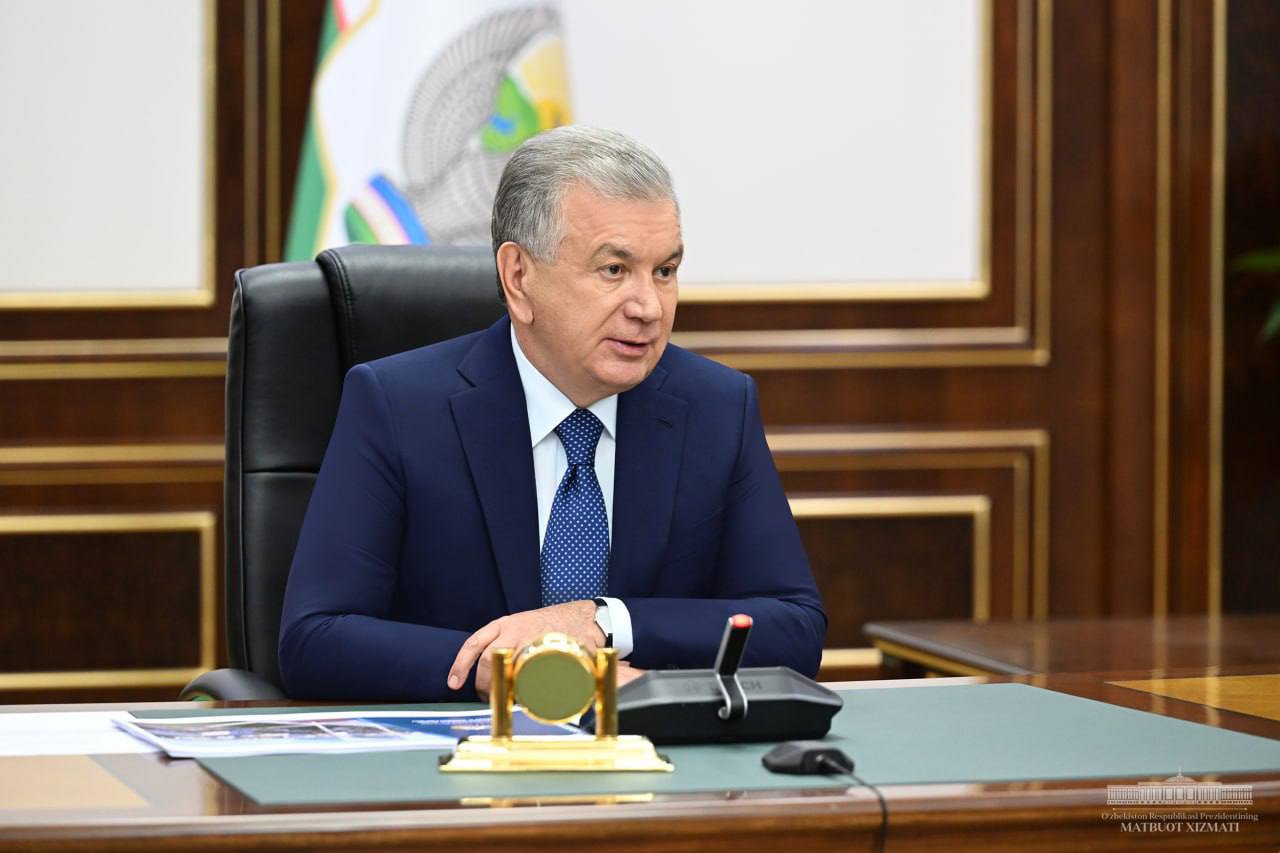Phone
Consular Issues
Phone
Uzbekistan news

Further tasks for the development of competition were discussed
On August 5, President Shavkat Mirziyoyev familiarized himself with the presentation of measures aimed at developing competition.
The ongoing efforts to reduce the state presence in the economy and curb large monopolies have a positive impact on the competitive environment. In particular, over the last five years the competitive environment has improved in more than 25 goods. Exclusive rights that restricted competition in 7 types of activities have been abolished. The number of enterprises with state participation decreased by 42 percent, while the number of private business entities increased by 1.6 times.
Last year the Law "On Competition" was adopted in a new version. The Committee for Competition Development and Consumer Protection was given additional effective powers. According to the studies conducted on this basis, in some organizations there are such phenomena as anticompetitive decision-making, direct contracts, use of dominant position in trade.
In this regard, a Competition Development Framework has been developed to enhance the coverage and effectiveness of competition in this area. This concept defines further tasks to reduce government involvement in the economy, liberalize market access and create a level playing field for entrepreneurs.
Thus, it is planned to abolish regulations and redundant requirements that impede the free access of business entities to markets. It is envisaged to introduce relaxations aimed at reducing the regulatory burden, in particular, permitting procedures and licenses will be replaced by compulsory liability insurance.
Independent market regulators will be introduced in the spheres of natural monopolies. The participation of natural monopoly entities will be limited in commodity markets related to natural monopolies and where there is an opportunity to develop competition.
The scale of direct public procurement will be reduced, and it will be completely switched to competitive methods. It is envisaged to abolish the provision of state aid of an individual nature that restricts competition, including exclusive rights, privileges, preferences and relaxations.
By means of mutual integration of information systems of state bodies, digital monitoring of all links in the chain of pricing of socially important products will be established. A system of non-disclosure and encouragement of persons who have provided information on cases of anticompetitive agreements and actions, collusions will be introduced.
In general, as a result of the implementation of this concept, measures will be taken to gradually eliminate 17 types of state monopoly in a number of areas, such as energy, oil and gas sector, water management, road construction, railroad and airport services. Anti-competitive actions in public procurement will be curbed and transparency of these processes will be ensured. Commodity exchanges will increase supply and expand the choice opportunities for buyers.
The President gave additional instructions to continue work in this area, to ensure free market principles, and to develop entrepreneurship. The need to reduce the state's share in the economy and to gradually transfer certain functions to the private sector was emphasized. The task has been set to constantly analyze the state of competition on commodity, financial and digital markets and to make proposals to improve procedures.
Over the last three years, over 2,000 acts contradicting the competition law have been identified locally. In most cases, these are documents of local khokimiyats and ministries. In this regard, it was noted that it is necessary to intensify the work of territorial departments of the Committee for Competition Development and improve the qualification of personnel.
It was also pointed out the importance of increasing openness and strengthening the work on publicizing the activities of the Committee. It was emphasized that this is important to prevent violations of the law and to create a transparent environment.













